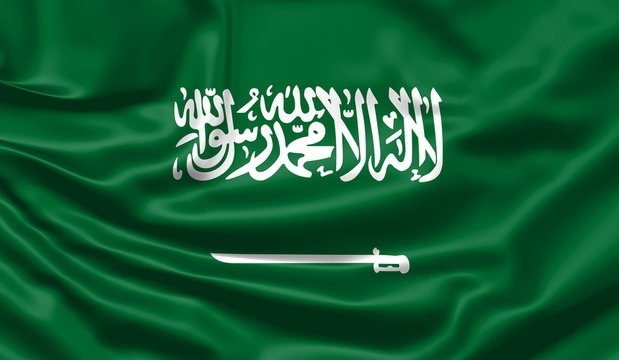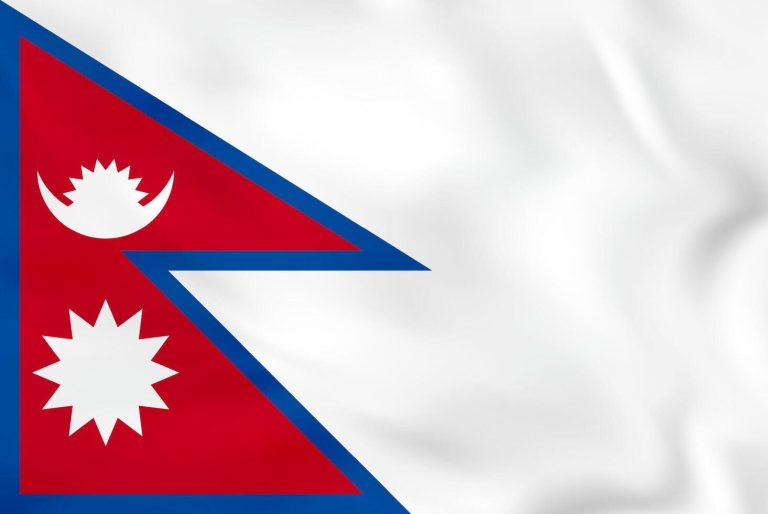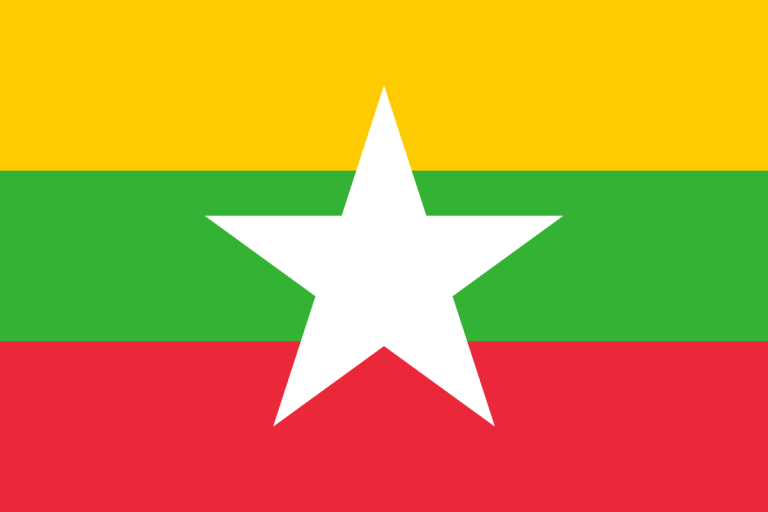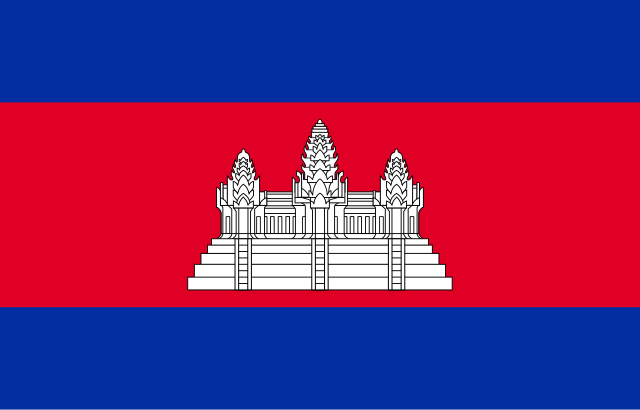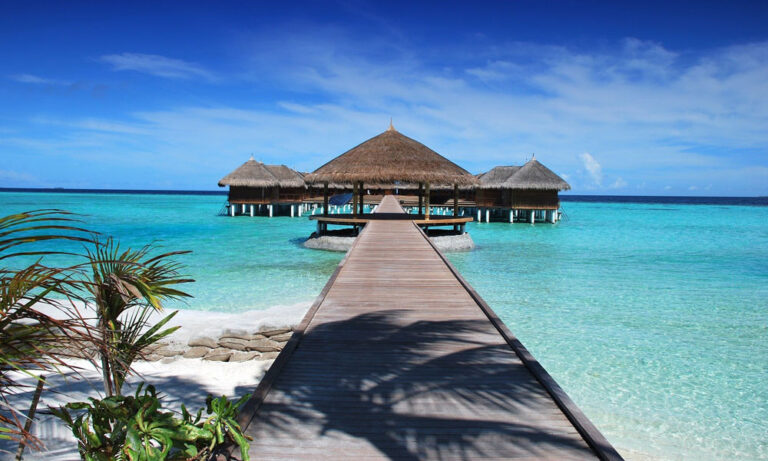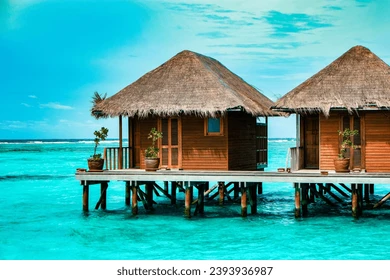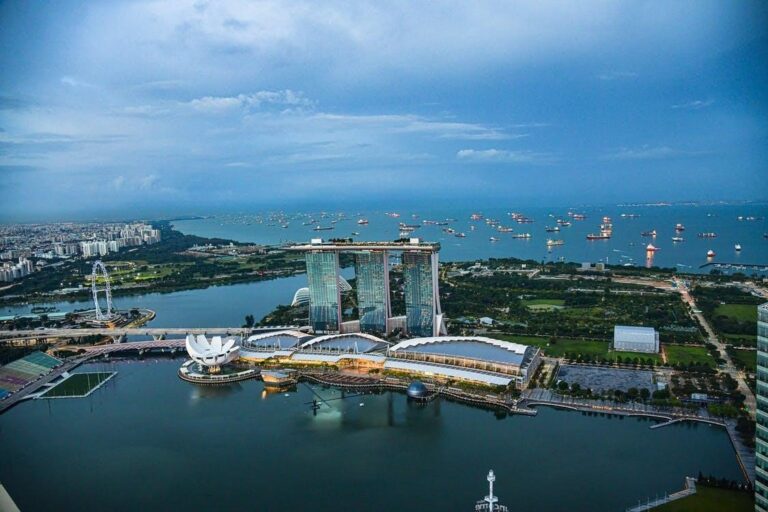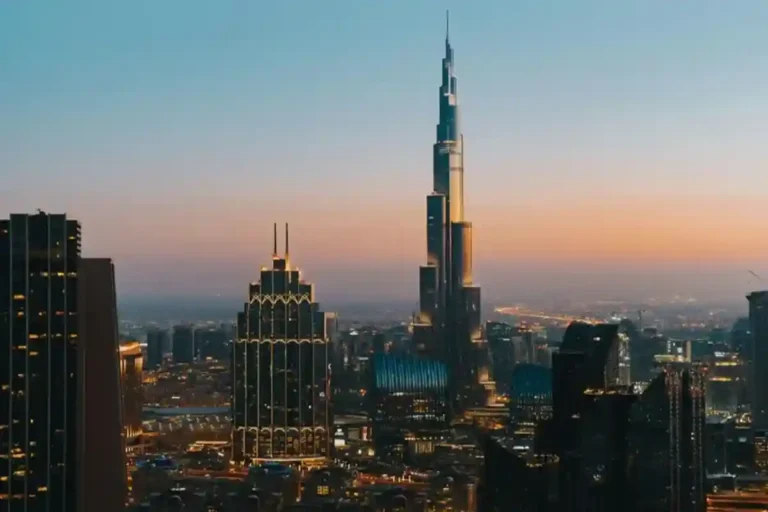Nepal
Nepal

- Bangladesh
- Nepal
Details
Nepal Visa for Bangladeshi Citizens: A Comprehensive Guide
If you’re a Bangladeshi citizen planning to visit Nepal, you’re about to embark on an unforgettable adventure in one of the most captivating countries in the world. Nepal, with its stunning landscapes, rich culture, and warm hospitality, offers an experience like no other. However, before you set foot in this beautiful land, it’s important to understand the visa process. This comprehensive guide will provide all the essential information you need for a smooth and hassle-free Nepal visa application.
Types of Visas for Bangladeshi Citizens
There are several types of visas available for Bangladeshi citizens wishing to visit Nepal. Below are the most common visa categories for which Obokash Travels provides consultancy support:
1. Tourist Visa
The most common visa for travelers visiting Nepal is the tourist visa. It is suitable for individuals traveling for sightseeing, exploring Nepal’s natural beauty, or engaging in recreational activities. Tourist visas are available on arrival at Tribhuvan International Airport in Kathmandu and designated entry points. You can obtain a single-entry or multiple-entry tourist visa valid for periods ranging from 15 days to 90 days.
2. Business Visa
Bangladeshi citizens intending to visit Nepal for business purposes require a business visa. This visa is available for durations ranging from 30 to 365 days, depending on the specifics of your business visit. A Business Invitation Letter is required to apply for this visa.
3. Study Visa
If you’re planning to study in Nepal, you will need a study visa. This visa is granted to students who have been accepted into recognized educational institutions in Nepal.
4. Transit Visa
If you’re merely passing through Nepal on your way to another destination, you may apply for a transit visa. You must have a confirmed onward flight ticket to be eligible for a transit visa.
5. Non-Tourist Visa
For travelers visiting Nepal for religious purposes, volunteer work, or attending workshops and seminars, a non-tourist visa may be required. The application process may vary depending on the specific reason for the visit.
Visa on Arrival
For Bangladeshi citizens, obtaining a visa on arrival is a convenient option. The following documents are required to apply for a visa on arrival:
- A valid passport with a minimum of six months of validity.
- A completed visa application form (available at the immigration desk).
- Passport-sized photographs (recent and clear).
- Visa fee (varies based on the type and duration of your visa).
Visa from the Embassy
Alternatively, you can apply for a Nepal visa through the Nepalese Embassy in Dhaka. This method is recommended for those who prefer to have their visa ready before departure.
Embassy of Nepal:
- Address: United Nations Road, Road No. 2, Baridhara Diplomatic Enclave, Dhaka – 1212
- Phone: +8802-9892490, +8802-9892568
- Email: eondhaka@dhaka.net, eondhaka@mofa.gov.np
- Website: https://bd.nepalembassy.gov.np
Embassy Office Hours:
- Sunday to Thursday: 09:00 AM to 4:00 PM
- Visa Application Submission: Sunday to Thursday: 9:30 AM to 11:30 AM
- Passport Collection: Sunday to Thursday: 3:00 PM to 3:45 PM
- Application Form Collection: Sunday to Thursday: 9:00 AM to 10:30 AM
Note: Visa inquiries are not entertained by phone. For additional information, please visit the embassy in person during working hours.
Visa Fees
The following are the visa fees for Bangladeshi nationals:
- Tourist Visa for SAARC Countries: Free for the first visa of the year. Second visa within the same year will incur a fee.
- Visa Fees:
- 15 Days Multiple Entry: Tk. 2,700
- 30 Days Multiple Entry: Tk. 4,400
- 90 Days Multiple Entry: Tk. 11,250
Processing Fee: Tk. 1,000 for Tourist & Business Visa
Processing Time
- File Processing: 1-2 working days
- Embassy Processing: 1-2 working days (typically)
Visa Extension
If you wish to extend your stay in Nepal, you can apply for a visa extension at the Department of Immigration in Kathmandu or at the immigration offices at entry points. Be aware that extensions are subject to certain conditions and not all visa types are eligible for extension.
Important Tips for a Smooth Visa Process
To ensure your visa application is processed smoothly, follow these tips:
- Check visa requirements and fees: Make sure you understand the specific requirements for the visa you are applying for and confirm the fee structure.
- Apply in advance: Apply for your visa well ahead of your planned travel date to avoid any last-minute complications.
- Ensure your passport is valid: Your passport should be valid for at least six months beyond the date of your intended return. It should also have blank pages for visa stamps.
- Prepare all necessary documents: Be sure to have all required documents ready, including passport-sized photos and proof of the purpose of your visit.
- Carry local currency or US dollars: Ensure you have enough cash in local currency or US dollars for visa fees and other expenses.
- Adhere to visa conditions: Be aware of the maximum duration of stay and entry conditions specified on your visa.
Visa Requirements for Different Types of Applicants
Personal Documents:
- Completed and signed online visa application form
- Passport with at least six months of validity and two blank pages for visa stamps
- Recent passport-size photograph with a white background
- Copy of National ID or Birth Certificate
Professional Documents:
- Business Visa: Original Trade License (notarized and translated into English) and business card
- Employee: Recommendation letter from employer, translated and notarized Trade License, valid ID card
- Student: Student ID card, educational certificate (attested photocopy), or a recommendation letter from educational institution
Travel Documents:
- Round-trip flight tickets (Dhaka-Kathmandu-Dhaka)
Nepal Visa FAQs for Bangladeshi Travelers
Q: What is the duration of a tourist visa for Bangladeshi citizens?
A: Tourist visas are available for 15, 30, or 90 days depending on your preference.
Q: Can I get a visa on arrival at all border crossings?
A: Visa on arrival is available at Tribhuvan International Airport in Kathmandu and some designated land border crossings.
Q: Are there any specific health requirements for traveling to Nepal?
A: No specific vaccinations are required, but it’s recommended to get vaccinated for diseases like hepatitis, typhoid, and tetanus.
Q: Can I extend my Nepal visa?
A: Yes, you can extend your Nepal visa by visiting the Department of Immigration in Kathmandu or the entry points’ immigration offices before your visa expires.
Q: What is the best time to visit Nepal?
A: The best time to visit Nepal is during the autumn (September to November) and spring (March to May) seasons, when the weather is pleasant and ideal for outdoor activities.
Q: Can I work in Nepal with a tourist visa?
A: No, a tourist visa does not permit employment in Nepal. For work purposes, you will need to apply for the relevant work or volunteer visa.
Explore Nepal’s Beauty
Once your visa is in hand, get ready to experience the breathtaking beauty and rich cultural heritage of Nepal. Whether you are trekking in the Himalayas, visiting ancient temples, or enjoying Nepalese cuisine, Nepal promises an unforgettable adventure.
Itinerary
Nepal: A Brief Overview
Nepal, officially known as the Federal Democratic Republic of Nepal, is a landlocked country nestled in the central Himalayas of South Asia. It is renowned for its breathtaking landscapes, rich cultural heritage, and the towering peaks of the Himalayas, including Mount Everest, the world’s highest mountain.
General Information
- Continent: South Asia
- Capital: Kathmandu
- Official Language: Nepali
- Currency: Nepalese Rupee (NPR)
- Local Time: GMT+5:45
- Exchange Rate: 1 Bangladeshi Taka (BDT) = 0.81 Nepalese Rupees (NPR)
- Dialing Code: +977
- Weekend Days: Saturday
- Population: Approximately 28.98 million (as of 2016)
- Area: 147,181 km² (56,827 sq mi)
- Education: 48.6% literacy rate
- Religion:
- Hinduism: 80.62%
- Buddhism: 10.74%
- Islam: 4.20%
- Kirant (indigenous religion): 3.60%
- Christianity: 0.45%
- Other religions: 0.4%
- Climate: Nepal experiences four distinct seasons, influenced by both maritime and continental climate factors:
- Spring (March to May): Warm with occasional rain showers and temperatures around 22°C.
- Summer/Monsoon (June to August): Rainy season with lush greenery in the hills.
- Autumn (September to November): Clear skies and moderate temperatures, ideal for trekking.
- Winter (December to February): Cold, especially in the high-altitude regions, with snowfall in the mountains.
- Prime Minister: Sher Bahadur Deuba
- President: Bidya Devi Bhandari
- King: Nepal is a federal democratic republic, and as such, no monarch exists currently.
Top Destinations in Nepal
Nepal is home to numerous stunning destinations, ranging from cultural hubs to natural wonders. Here are some must-visit places:
1. Kathmandu
- The vibrant capital city, Kathmandu, is a blend of ancient temples, cultural landmarks, and bustling markets. It is a gateway to Nepal’s rich history and serves as a starting point for many travelers heading to the Himalayas.
Key Attractions:
- Pashupatinath Temple: One of the holiest Hindu temples in the world.
- Swayambhunath (Monkey Temple): An ancient stupa that offers panoramic views of the Kathmandu Valley.
- Boudhanath Stupa: A UNESCO World Heritage Site and one of the largest Buddhist stupas in the world.
- Thamel: A vibrant tourist district known for its shops, restaurants, and nightlife.
2. Pokhara
- Pokhara is renowned for its serene lakes, majestic mountains, and adventure activities. The picturesque city offers a peaceful retreat and is the starting point for many treks, including the Annapurna Circuit.
Key Attractions:
- Phewa Lake: A scenic freshwater lake perfect for boating.
- Sarangkot: Offers stunning sunrise views over the Annapurna Range and the Machapuchare (Fishtail) Mountain.
- World Peace Pagoda: A beautiful stupa that provides sweeping views of the surrounding lakes and mountains.
3. Chitwan National Park
- A UNESCO World Heritage Site, Chitwan National Park is one of Nepal’s most famous wildlife reserves, home to endangered species like the one-horned rhinoceros and Bengal tiger.
Key Activities:
- Jungle safaris (by jeep or elephant).
- Bird watching and nature walks.
4. Annapurna Massif
- The Annapurna Massif offers one of the most popular trekking routes in the world—the Annapurna Circuit. The trek provides stunning views of Annapurna I, Dhaulagiri, and other snow-capped peaks.
Key Highlights:
- The Annapurna Base Camp trek.
- The scenic village of Ghorepani.
5. Patan
- Known for its ancient temples, palaces, and cultural heritage, Patan is one of the three royal cities in the Kathmandu Valley. The city is famous for its traditional Newar architecture and vibrant arts and crafts scene.
Key Attractions:
- Patan Durbar Square: A UNESCO World Heritage Site filled with historical temples and palaces.
- Mahabouddha Temple: Known as the “Temple of a Thousand Buddhas.”
6. Bhaktapur
- Another historic city in the Kathmandu Valley, Bhaktapur is famous for its medieval architecture and charming streets. The city has preserved much of its ancient cultural heritage and is known for its pottery and vibrant festivals.
Key Attractions:
- Bhaktapur Durbar Square: The heart of the city, filled with historic buildings and statues.
- Pottery Square: Where local artisans still practice the traditional art of pottery making.
7. Nagarkot
- Known for its scenic mountain views, Nagarkot is a popular destination for sunrise and sunset views of the Himalayas, including Mount Everest on clear days.
Points of Interest in Nepal
1. Pashupatinath Temple:
- A major pilgrimage site for Hindus, this sacred temple is dedicated to Lord Shiva and is located on the banks of the Bagmati River in Kathmandu.
2. Swayambhunath Stupa (Monkey Temple):
- This ancient Buddhist stupa offers panoramic views of Kathmandu Valley. It is a place of pilgrimage for both Buddhists and Hindus.
3. Boudhanath Stupa:
- Another significant Buddhist pilgrimage site, this stupa is one of the largest in the world and a center for Tibetan culture in Nepal.
4. Chitwan National Park:
- Known for its rich biodiversity, including Bengal tigers, one-horned rhinoceroses, and various species of birds. A visit here offers a chance to experience Nepal’s natural beauty.
5. Muktinath:
- A sacred temple for both Hindus and Buddhists, located in the Mustang region. Muktinath is a popular pilgrimage site due to its spiritual significance.
6. Kathmandu Valley:
- A UNESCO World Heritage Site, the Kathmandu Valley is home to many ancient temples, stupas, and palaces that reflect the rich history and culture of Nepal.
Conclusion
Nepal is a country where natural beauty and cultural heritage coexist in perfect harmony. Whether you are an adventure seeker looking to trek the Himalayas or a history enthusiast eager to explore ancient temples and palaces, Nepal offers something for every traveler. With its friendly people, stunning landscapes, and diverse culture, Nepal remains one of South Asia’s most enchanting destinations.
Remarks
Frequently Asked Questions (FAQs) About Visa Applications
Here are some common queries regarding visa applications, along with detailed answers to help you better understand the process:
1. How many countries should I visit before applying for this visa?
- Answer: There are no specific restrictions on the number of countries you need to visit before applying for a visa. However, it is generally recommended that you have prior international travel experience. Visiting at least 2-3 countries before applying for a visa could help demonstrate that you are a responsible traveler and have a history of returning to your home country. This can potentially strengthen your visa application.
2. How much balance should I have in my bank account?
- Answer: While there is no fixed minimum or maximum balance requirement for most visa applications, it is essential that your bank account reflects a consistent transaction history. The embassy or consulate needs to see that you have sufficient funds to cover your travel expenses. Your bank statement should clearly show that you have the financial capability to support yourself during your trip, as well as enough financial ties to your home country to ensure your return.
3. My educational qualification is low; can I still apply for a visa?
- Answer: For most tourist visas, there are no educational qualification requirements. Individuals with any level of education may apply for a visa. The primary focus of the visa application process is generally on financial stability, travel history, and ties to your home country, rather than your educational background.
4. My visa application was recently refused. When can I apply again?
- Answer: There are no restrictions or specific waiting periods regarding when you can reapply for a visa after a refusal. However, it is recommended to wait at least a certain period before reapplying. During this time, you should address any issues that may have led to the refusal and ensure that your application is stronger and more aligned with the requirements. It is important to review the reasons for the refusal, if provided, and make necessary improvements in your application.
5. Can you arrange an invitation for me? Will an invitation be beneficial for my visa application?
- Answer: We do not arrange invitations for visa applicants. An invitation letter can be beneficial if it is sent by family members or close friends residing in the destination country. However, an invitation letter is not mandatory for most visa applications. In many cases, a hotel booking is sufficient to demonstrate your accommodation arrangements for the duration of your stay. The key is to prove that you have planned your stay and have a valid reason for your visit.
6. If I apply with my family, will the chances of visa approval increase?
- Answer: Visa approval depends on the individual applicant’s profile, and applying with family may influence the outcome depending on the country you are applying to. For example, in the case of Schengen or UK visas, applying as a family unit may increase your chances of visa acceptance, as it is seen as an indication of stronger ties to your home country. However, in countries like Australia or Canada, applying with family could potentially reduce your chances of approval, as it may be interpreted as a possible intention to immigrate. Each case is evaluated on its own merits, so it is important to present a strong and well-documented application.
7. Do you provide any guarantees for visa approval?
- Answer: We cannot guarantee the approval of any visa application, as visa decisions are entirely at the discretion of the respective embassy or consulate. The acceptance or refusal of a visa depends on various factors, including your personal profile, travel history, financial stability, and compliance with visa requirements. However, we do commit to preparing your application in a professional manner, ensuring that all required documents are accurate, complete, and clearly reflect your intentions. This increases the likelihood of a smooth visa process and gives you the best chance of approval.
VISA Services
Tour Packages
Contact Us
Location
Mahbub Plaza Shopping Complex, 4/A Indira Rd, Dhaka, Bangladesh
E-mail
support@travelers.com.bd
Contuct Number
+8801707-073211

